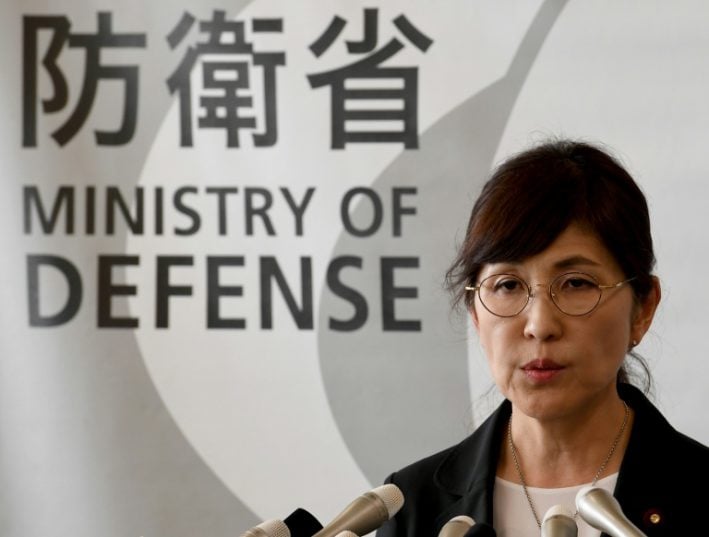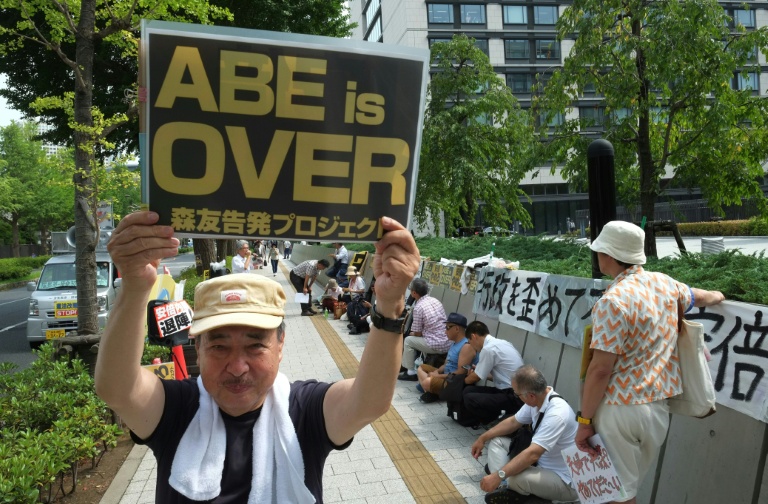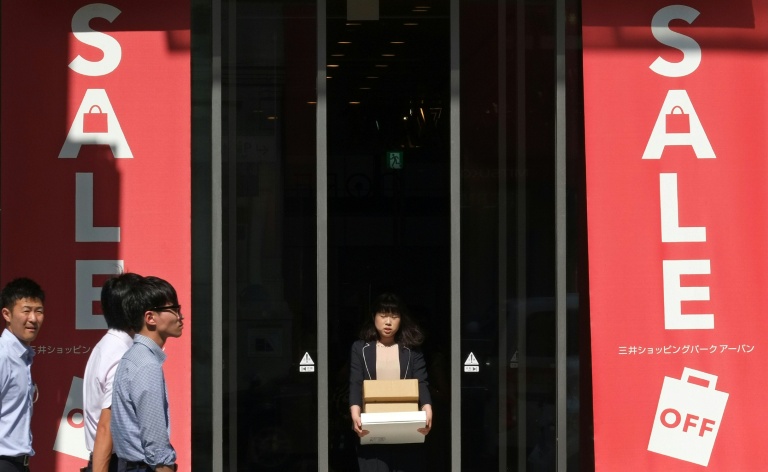Double beckoning for Peter at Vaal and Greeff at Fairview
Now, the humbled hawk finds himself fighting for his political life or, in the words of one observer, scrambling to crawl out of a “hell hole”.
What went wrong?
A combination of factors including nagging political scandals, arrogance, loss of trust and tone deafness to voters’ everyday concerns at the expense of a nationalist agenda have clipped Abe’s wings.
But analysts say Japan’s comeback kid has an ace up his sleeve likely to seal his rule for at least another year and possibly longer.
There is no one else.
“It’s the utter absence of an alternative political choice, either outside the LDP or quite frankly within it” that keeps him afloat, said Brad Glosserman, a Japan expert at think tank Pacific Forum CSIS in Honolulu, referring to the ruling Liberal Democratic Party which Abe leads.
Indeed, the main opposition Democratic Party (DP) is imploding, its very existence seen at stake. And while the LDP has no shortage of prime ministerial hopefuls, none of them are seen as strong enough to take on Abe right now.

Prime Minister Shinzo Abe’s protege Tomomi Inada announces her resignation as Japan’s Defence Minister in July
And though many have swooned over the potential of charismatic Tokyo Governor Yuriko Koike, she is just a year into the job and has her hands full with the 2020 Olympics.
Trouble brewed slowly but anger spilled over last month when surveys showed a precipitous decline in support, with Abe’s approval ratings reaching their lowest point over more than four years in office.
– Historic drubbing –
Accusations Abe wielded influence for a close friend in a business deal — which he has consistently denied — were a key factor, as were other scandals including at the defence ministry headed by his protege and fellow hawk Tomomi Inada.
And just before local elections in early July for Tokyo’s municipal assembly — a bellwether for national sentiment — he further alienated voters by shouting down hecklers at a rally.
The result: the LDP suffered a historic drubbing.
Veteran analyst Minoru Morita, a harsh Abe critic who came up with the “hell hole” analogy, said he also suffers from predictable weariness with a long-serving leader.

A protester attends a rally against Japan’s Prime Minister Shinzo Abe in front of the parliament in Tokyo on July 25, 2017
“No matter the government in Japan, after three to four years the people will grow tired of it,” he said.
Still, Morita believes that if Abe can get through the next year and stand for re-election as party leader in September 2018, he is likely to win as he has more internal support than even leading challengers.
Voters also appear resigned to more Abe.
“In the end he may be able to continue in the sense that there just isn’t anybody else,” said Tokyo resident Ayumi Aratake.
Abe last week reshuffled his cabinet ministers, a typical move by Japanese prime ministers in trouble.
He called in a former defence chief to take over for Inada, who quit under fire the week before, and embraced party critics. Publicly he has replaced swagger with humility.
– ‘Listen to the people’ –
It seems to have stemmed the bleeding. A slew of media opinion polls at the weekend showed support rates creeping up. Abe has no need to call parliamentary elections until December 2018.

Prime Minister Shinzo Abe’s ambitious economic policy — Abenomics — was meant to slay growth-sapping deflation but healthy annual price gains remain far off while consumer spending is weak
Whether loved or loathed, the 62-year-old Abe is a compelling figure and political blueblood with a grandfather and great uncle preceding him as prime minister.
He came back to power in December 2012 after a failed 2006-2007 turn as leader. Some had written him off, but he won a rare second chance.
Abe brought an ambitious policy blitz with a catchy name — Abenomics — meant to slay growth-sapping deflation.
While the programme has had some success, healthy annual price gains remain far off while consumer spending is weak.
There has long been a feeling Abe puts too much emphasis on matters dear to his conservative heart, such as revising Japan’s pacifist constitution and wiping away the shame of World War II defeat and occupation.
Glosserman sees a pattern of building up political capital with economic wins only to quickly squander it.
“Abe again has to do that pivot back to taking care of things that matter to Japanese voters,” he said.
The prime minister seems to have gotten the message.
“I will listen to the voices of the people,” he vowed at a press conference after the cabinet shakeup, apologising for the scandals that have rocked his government.
“Reviving the economy is the top priority.”